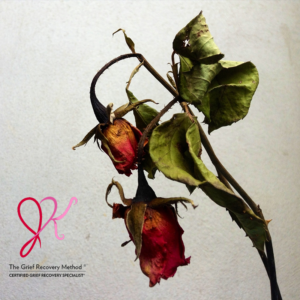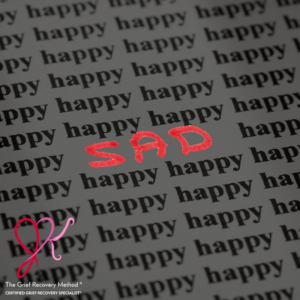Can past hurts be sabotaging your current relationships?
Have you ever behaved in a way that goes against the thing that you want most in a relationship, and that is emotional closeness and intimacy? Do you push away or sabotage the very things that you crave most in relationships? I know I did. I remember my first true love. As a couple we were spending almost every day together and talking on the phone every night. The relationship lasted for almost 5 years, and I thought he was the one I’d marry. Then one day the relationship ended. I was devastated. I couldn’t sleep, didn’t eat and I didn’t know how I would go on without him in my life. I thought the way to heal my pain was to be strong and pretend I was okay. I thought I needed to get back out in the social scene with my girlfriends and find someone else to date. You know the proverbial romantic break-up scenes in the movies where you drown out your pain by eating a gallon of ice cream and staying in bed for days. As if that somehow was supposed to make it feel better. That never works and you’re still left wanting true love. One thing I knew was that I would never allow anyone to hurt me that way again.
As a choice to protect my heart, this became an unconscious habit that I formed, and I didn’t even realize how guarded it kept me from trusting and opening my heart fully to someone else. I did get into other relationships, but each time I was more cautious. I never truly opened up therefore never giving anyone the chance to get to know the real me. Have you ever done this? Sadly, this is the story for many people. In an attempt to shield yourself from normal and natural emotional pain you make decisions to keep your heart protected instead. Sometimes it’s a conscious decision and other times it disguises itself in sarcasm, humor, being too busy, focusing on work or anything else that acts as a shield allowing people the opportunity to connect to your heart.
Unresolved emotional pain robs you of choice. When you carry the baggage from your past losses it limits your ability to be fully present in your new relationships. Sometimes it limits your ability to form new partnerships at all. This can be in romantic relationships, friendships, and parenting. That’s where The Grief Recovery Method comes in. If you do the work you know that you will ultimately be okay no matter what happens in your life. You will get freedom of choice in how you participate in your relationship moving forward.
There is a book I also would like to recommend called: Moving On: Dump Your Relationship Baggage and Make Room for the Love of Your Life by Russell Friedman & John James. These are authors of The Grief Recovery Handbook as well as the book Moving Beyond Loss and I highly recommend this book. You can search for it right in Google or buy it right from Amazon by clicking here.




